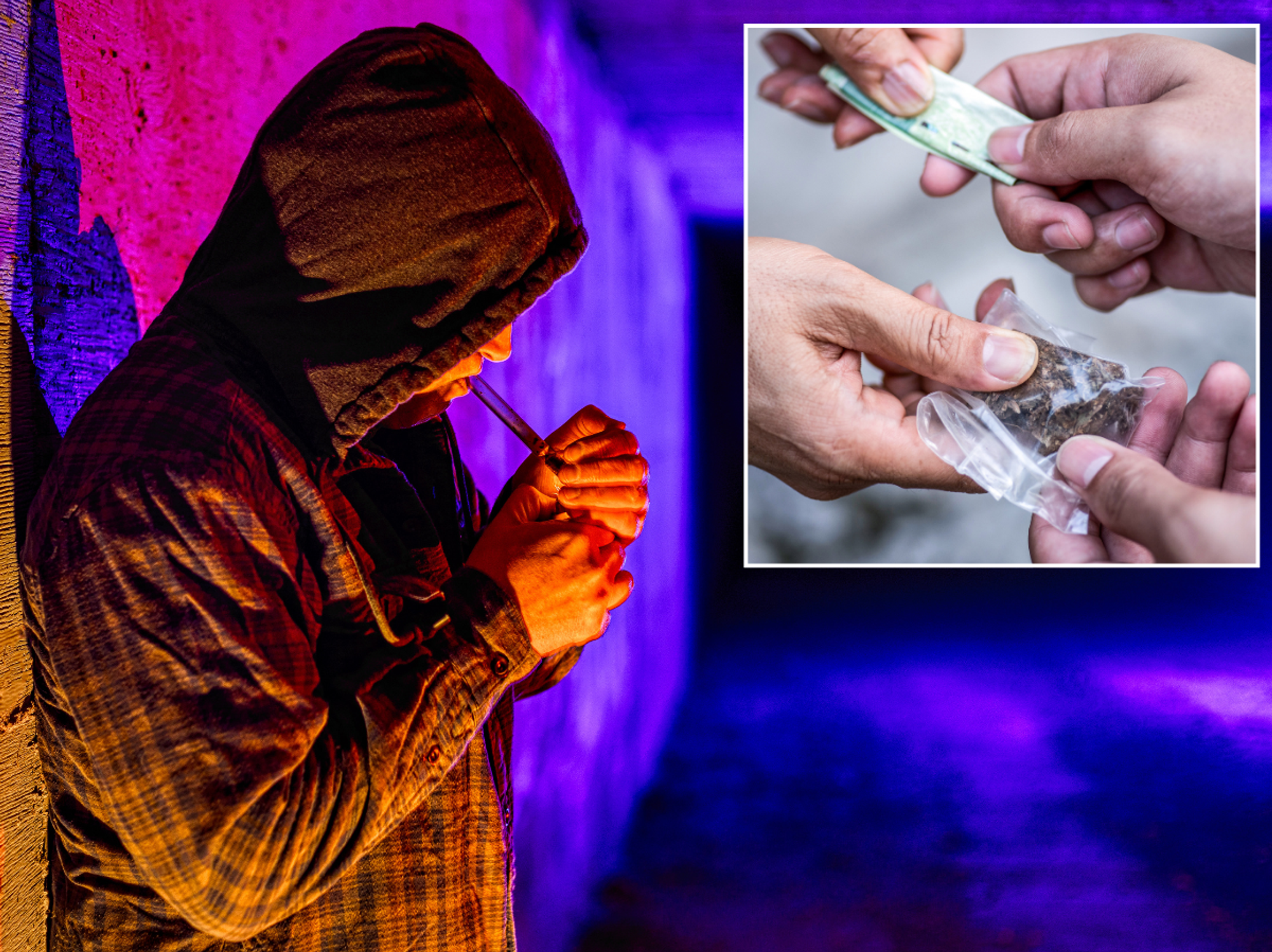'I'm a neurologist and I spent my career diagnosing Alzheimer's...my first symptom was not what I expected'

Neurologist's first symptom of Alzheimer's challenged his 25-year experience in the field
|Getty Images

Daniel Gibbs, 73, spent more than two decades diagnosing early-stage Alzheimer’s disease - then became the patient
Don't Miss
Most Read
A neurologist who spent the best part of his career diagnosing early-stage Alzheimer's disease was shocked by his first symptom.
Daniel Gibbs, 73, was diagnosed with Alzheimer's disease after taking a DNA test for his wife's genealogy research back in 2012.
Besides learning where his ancestors had lived and whether his face is likely to flush after drinking alcohol, Daniel was "shocked" to discover he had two copies of the APOE gene - this significantly increases your risk of developing late-onset Alzheimer's.
The result blindsided him - he had no obvious signs of cognitive impairment and no family history to draw on as both his parents died early from cancer.
Daniel's first symptom also challenged his 25-year clinical experience in treating early-stage Alzheimer's.
His first symptom occurred more than 15 years ago when he started to lose his sense of smell.
"I started to have these weird illusory odours that came out of nowhere," he told the Alzheimer's Disease Research Center, adding: "They were always the same: the smell of baking bread mixed with perfume."
According to the neurologist, the smells would last a few minutes or as long as an hour and were "distinctly unusual".
At the time he was unaware of the association between loss of smell and Alzheimer's. His initial guess was Parkinson's disease (over 80 percent of patients have some degree of smell loss and fail to appreciate the dysfunction until tested).
People with Alzheimer's have some loss of smell but "most don't realise it", he says.
He attributes his blindspot as a neurologist down to the fact that the patients he treated who were late in their disease, his patients didn't mention it and he didn't know enough about the association at the time to ask about it.
Daniel also had no obvious signs of cognitive impairment at the time of his diagnosis so he had no reason to suspect Alzheimer's.
Researchers now have a greater understanding of the link between olfactory dysfunction and loss of smell.
LATEST DEVELOPMENTS

Carriers of the APOE ε4 gene may lose their ability to identify odours earlier than those who do not carry the gene
| Getty ImagesA study published last year found that carriers of the APOE ε4 gene, such as Daniel, may lose their ability to identify odours earlier than those who do not carry the gene variant.
The study, published in Neurology, found that people who carry this gene variant may experience an impaired sense of smell before any symptoms of Alzheimer’s, such as mild cognitive impairment, appear.
How is Daniel doing now?
His short-term memory is "getting a little worse, but not alarmingly so", he recently told JAMA Network.
"I misplace things a little more often, but in general, I’m getting by," he said, adding that he attributes his stable condition to eating well, keeping mentally stimulated and engaging in social activities.










